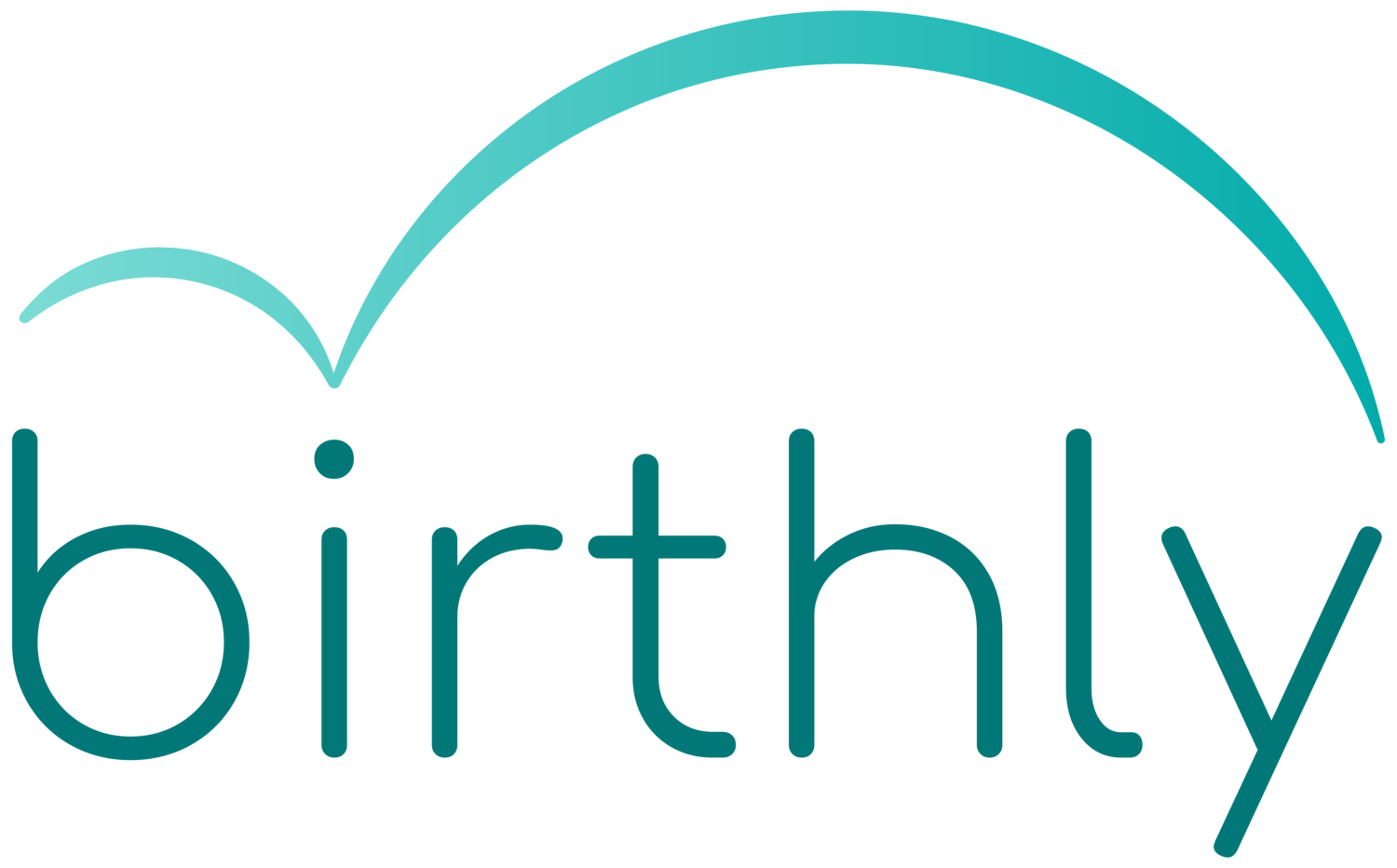Foods to Avoid During Pregnancy
Pregnancy brings changes to the body’s immune system and metabolism, which can make certain foods riskier than usual. While many of these foods are generally safe for the average adult, a developing immune system and changing maternal physiology make it important to take extra precautions.
Understanding which foods to avoid or limit can help reduce the risk of foodborne illness, support a healthy pregnancy, and promote optimal outcomes for both parent and baby.
Key Takeaways
Avoid raw or undercooked foods like sushi, deli meats, and unpasteurized products to lower the risk of foodborne illnesses.
Certain fish and beverages should be limited to reduce mercury or caffeine exposure.
Clean, cook, and choose carefully—especially when it comes to produce, dairy, and juices.
Eating well doesn't have to be restrictive. There are plenty of safe, nutritious alternatives.
What Not to Eat When Pregnant
There are a few foods that carry a higher risk of illness or exposure to harmful bacteria, chemicals, or toxins that could affect your pregnancy. Here’s a breakdown of what to avoid and why.
Raw or undercooked seafood (e.g., sushi with raw fish, oysters)
→ Choose cooked seafood like salmon, shrimp, or veggie sushi rolls.
Deli meats and cold cuts (e.g., ham, turkey, salami, roast beef)
→ Heat until steaming or go for freshly cooked meats.
Unpasteurized dairy products (e.g., Brie, feta, queso fresco made with raw milk)
→ Look for “pasteurized” on the label.
Raw or undercooked eggs (e.g., soft-scrambled eggs, raw batter, some dressings)
→ Use pasteurized eggs or cook thoroughly.
Raw sprouts (e.g., alfalfa, clover, mung bean sprouts)
→ Eat only if cooked; try sautéed or added to stir-fries.
Unwashed produce (e.g., any fresh fruits or vegetables that haven’t been rinsed)
→ Wash well under running water before eating.
Unpasteurized juices or cider (e.g., fresh-pressed juices from farms or markets)
→ Opt for pasteurized versions—check the label.
High-mercury fish (e.g., swordfish, king mackerel, tilefish, some tuna)
→ Stick with low-mercury choices like salmon or light tuna (in moderation).
Refrigerated pâtés and meat spreads (e.g., liver pâté, meat spreads from the deli case)
→ Use shelf-stable or canned versions instead.
What to Limit During Pregnancy
Some foods and ingredients aren’t off-limits, but should be consumed in moderation to avoid potential health issues.
Caffeine
While moderate caffeine is generally safe, high levels have been linked to increased risk of miscarriage and low birth weight.
Instead: Limit caffeine to under 200 mg per day (about one 12-oz cup of coffee). Try decaf coffee, herbal teas, or flavored water.
High Sugar Foods
Sugary foods and drinks can lead to gestational diabetes, excessive weight gain, and energy crashes.
Instead: Choose naturally sweet snacks like fruit or yogurt with a drizzle of honey. Whole grains and nuts can also satisfy cravings.
Herbal Teas & Supplements
Some herbal teas and supplements can cause contractions or affect hormone levels. Not all “natural” options are safe during pregnancy.
Instead: Stick to teas approved for pregnancy, like ginger or peppermint, and talk to your provider before using any supplements.
Artificial Sweeteners
Some artificial sweeteners, like saccharin, may cross the placenta and affect the baby. Others are considered safe in moderation.
Instead: Use natural sweeteners like stevia or small amounts of honey or maple syrup. Always check with your provider.
Tips for Eating Healthy During Pregnancy
Want to keep your diet balanced without overthinking it? Here are a few quick tips:
Stick to whole, minimally processed foods
Wash fruits and veggies thoroughly
Eat small, frequent meals to manage nausea and blood sugar. This is especially helpful in early pregnancy.
Choose lean proteins and whole grains
Drink plenty of water
Bottom Line
Eating during pregnancy doesn’t have to feel restrictive—it’s all about making safe, informed choices for you and your baby. Knowing what foods to avoid during pregnancy and what you can enjoy instead can make mealtimes less stressful and more satisfying.
If you’re looking for more support, Birthly offers live, online classes that walk you through pregnancy nutrition, common food myths, and much more. Join our community to get expert guidance and connect with other expecting parents just like you.
Foods to Avoid During Pregnancy FAQ
Can you eat grapes when pregnant?
Yes! Grapes are safe during pregnancy and are a great source of antioxidants and hydration.
What fruit is not good for pregnancy?
Most fruits are safe, but unripe papaya and excessive pineapple may be best avoided due to enzyme content that can affect the uterus.
Which vegetable should I avoid in pregnancy?
Raw sprouts and unwashed produce are best avoided. Otherwise, most vegetables are not only safe but highly recommended.
Can you eat bacon when pregnant?
Yes, as long as it's cooked thoroughly until crispy to eliminate bacteria or parasites.
Do I need to avoid certain foods when breastfeeding?
Not necessarily, but some foods (like caffeine, spicy dishes, or gassy vegetables) may affect your baby’s digestion. Monitor your baby’s reactions and adjust as needed.
Sources
https://www.cdc.gov/food-safety/foods/pregnant-women.html
https://www.fda.gov/media/83740/download
https://www.acog.org/womens-health/faqs/nutrition-during-pregnancy

